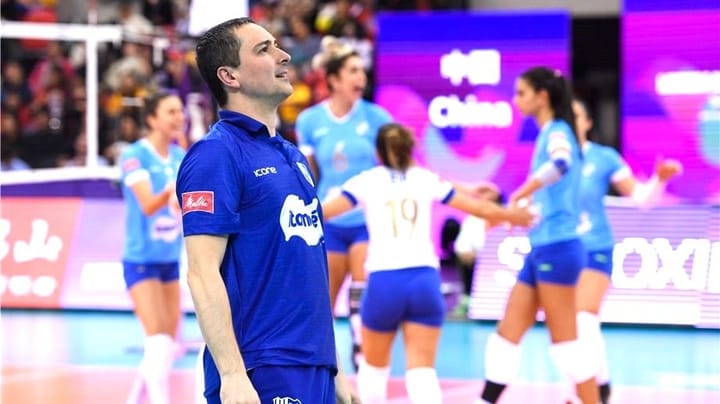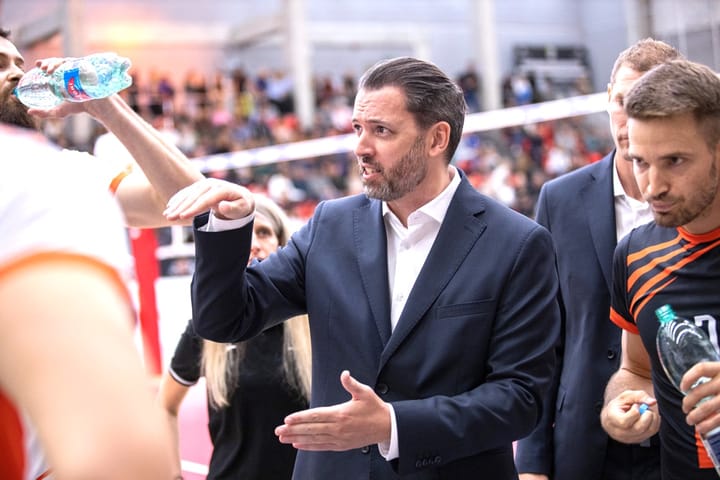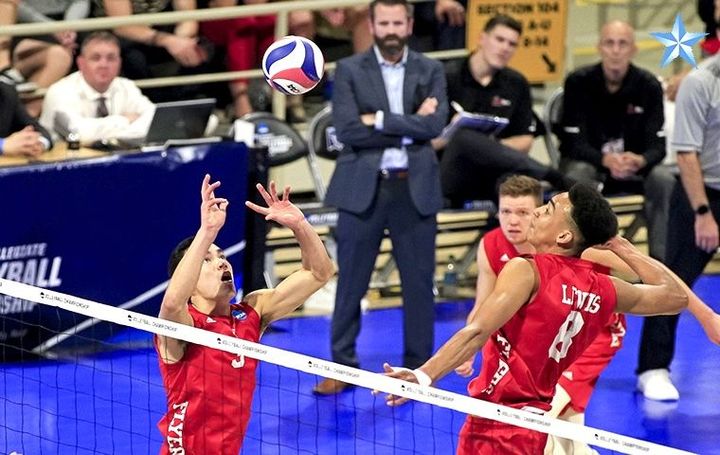47. Learning Path 2: Culture by design, not by default.
In our 'Learning Paths' we'll collect valuable concepts and insights which you can find on volleybrains.com. Each learning path will feature a specific subject related to the art of coaching.
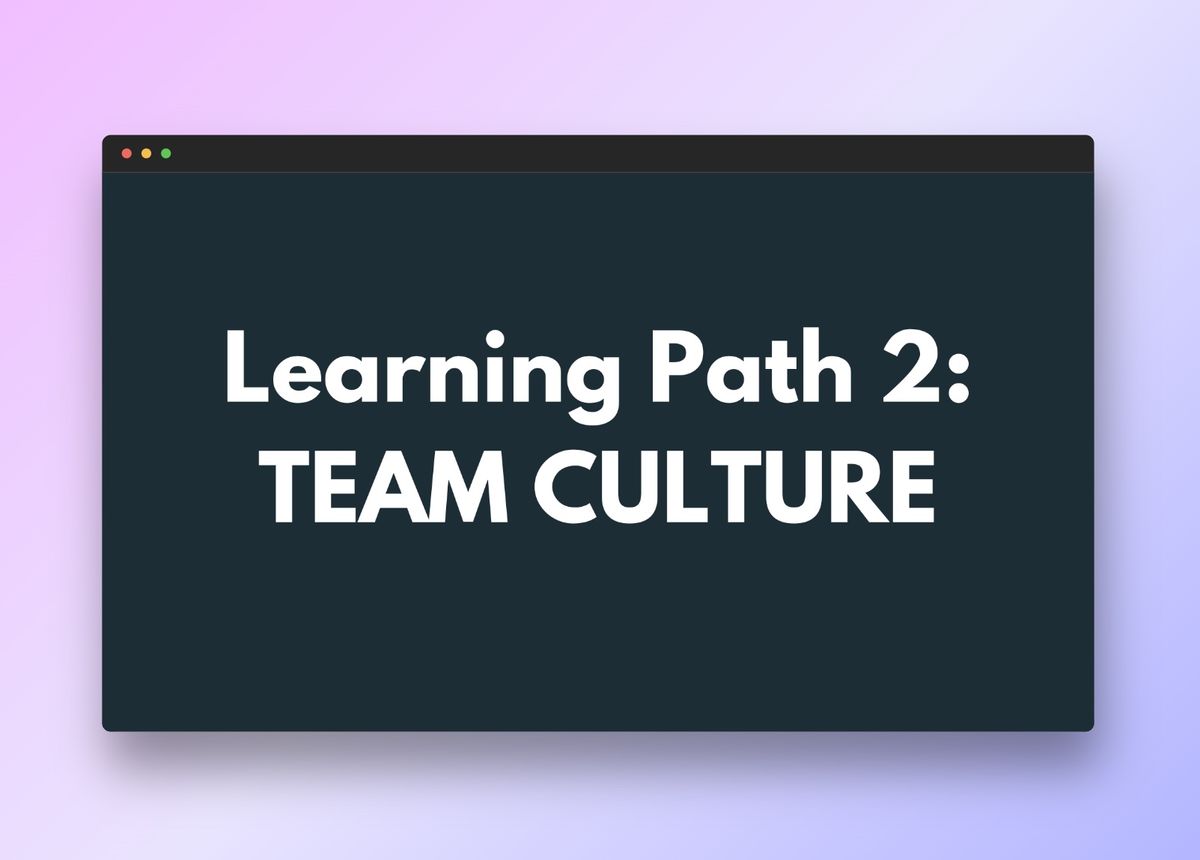
⚡Culture by design!
Our video call with Alan Knipe planted the seed for this Learning Path.
Coach Knipe spoke at length about his efforts to shape and instill a culture of trust and accountability. About creating an environment in which his team could thrive.
But most importantly, to not allow circumstance to dictate your culture.
In today's Learning Path, we'll discuss various perspectives and motivations for designing your team's or club's culture.
🏐 Featured coaches.
Alan Knipe: Long Beach state head coach, former USA men's national team head coach
Hugh McCutcheon: University of Minnesota's head coach, former USA women's and men's head coach
Dan Friend: Lewis University's head coach
Terry Liskevych: former USA women's national team head coach, entrepreneur and driver behind the art of coaching volleyball.
Laurent Tillie: Panasonic Panthers head coach, former French national team head coach
⚡Let's dive in!
Alan Knipe
You touched upon the importance of team culture, let's talk a bit more about what you're instilling with your team, with your players.
We spend a tremendous time on our culture. The really enjoyable part of being a college coach in the men's game is that our season starts in January and you get your team in in August.
So you can spend that entire fall academic semester of building your team, both as athletes in the strength and conditioning and in the weight room.
And also in what we call our "retreat" that we have every Monday of the entire fall semester, where we're spending time on what we believe in.
And there's lots of levels to that.
Obviously we can talk about our blocking and our defense and all the technical parts of the game, but there's also things that are super important about our culture.
Because I'm a big believer, if you go back to what I said earlier about sustainable success, then you have to make sure that your culture is by design, not default.
The culture that I played in as a player here, albeit that it turned into a national championship and some very, very good teams, and I loved my time here, but it was very much by default at that time.
We had a very good collection of players, some very good coaches at the time. And then from year to year, it could change dramatically. So it was a little bit up and down, but the bad part about that is really quickly, if you're not careful, the culture by default can go bad in a heartbeat to.
The wrong coach, the wrong players, not enough attention to the behaviour within the locker room within the classroom, how they interact off the court with one another. There's lots of different things that can change it.
So you have to be able to address these early things that will come up, not if they come up.
Especially in this age of social media, where people can disappear from reality and just communicate with their thumbs all day. That becomes a little bit of a problem later on in life when they have to work within a unit with a team and they have to be able to communicate with the coaching staff...
So teaching them communication and teaching them how to be open and honest with their communication and direct with one another so that we can get buy-in.
If a team doesn't have good communication and they don't trust the fact that they can communicate with one another, they can communicate with their coaches...you're going to have players that are silenced and when they're silenced, there's not going to be buying into what you're trying to do.
And if you don't have buy-in, you're not going to get to the level of having any trust with one another. And obviously trust, as we all know, is an enormous part of team success.
Trusting to make the right play on the court, trusting that they'll make the right decision on Saturday night, trusting that they'll do what they're supposed to do academically to still be able to play.
Lots of trust is broken by the fact that communication hasn't been established as a foundation. And once you get the trust, and once you develop the trust with one another, you can now hold each other accountable.
Because you trust that the other teammate and the other coach or your head coach, or whoever it might be is totally invested into this culture and is communicating each step of the way and building trust each step of the way.
You're going to be more apt to trust that when he talks to you about accountability, like even volleyball related: 'Hey, that tip was yours. You have to get it.' Or I'm asking you to do this offensively or set this kind of offense as a setter.
You trust him more when you've had good open communication and lots of contacts.
And then now the accountability to holding yourself to the level of what the coach wants or what the players want, or your teammates want is easier for everybody because of that trust.
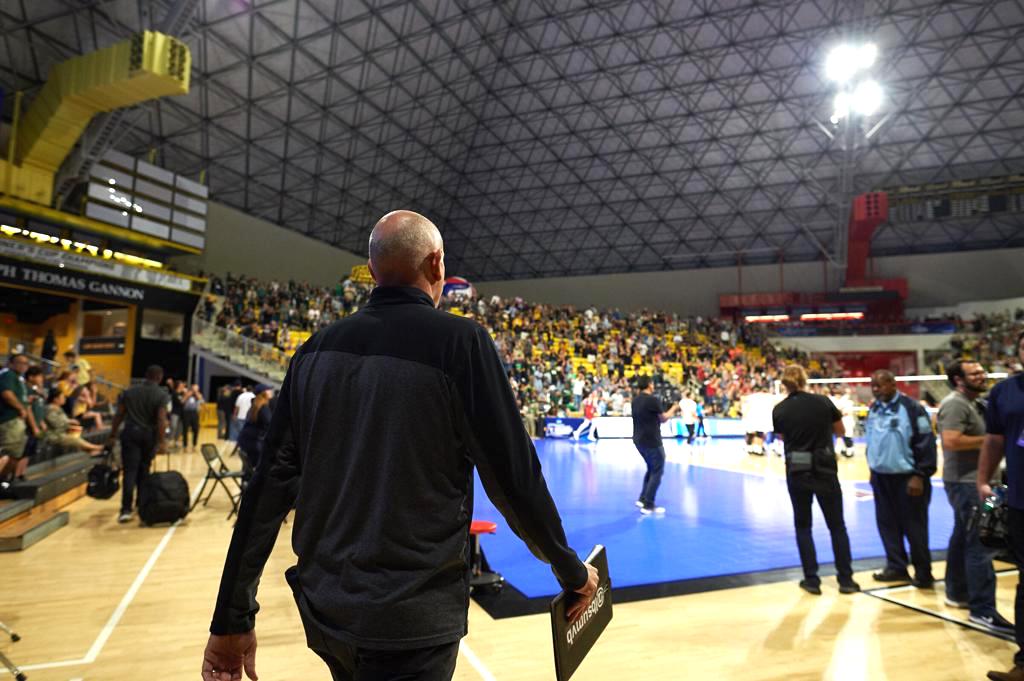
And once you have the communication and the trust and the accountability. Now we can start getting to the point of getting the results that we all wanted from the very beginning.
So we spent a lot of time talking about our culture being by design being intentional. And once again, going back to the idea of being able to write it down, we use kind of like, in a corporate world, a job description.
Everybody has a job description, but in a team, there is no such thing, even though we imply there is. So what we do a lot is we'll take our team and we'll divide it by position. And after we're deep into our retreat, we'll have the outside hitters get together and the opposites get together and everybody...the groups, get together and write their job description.
